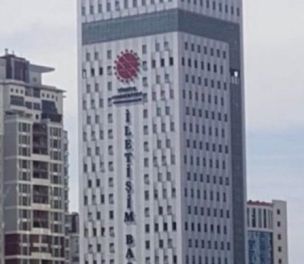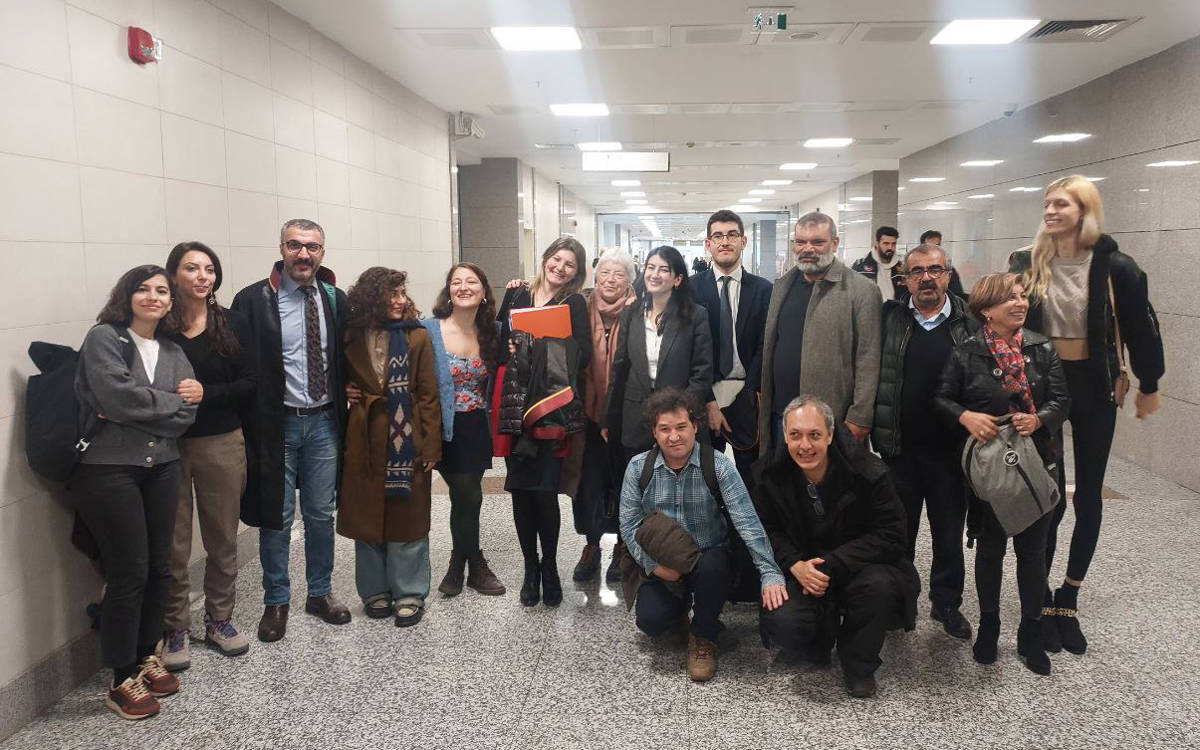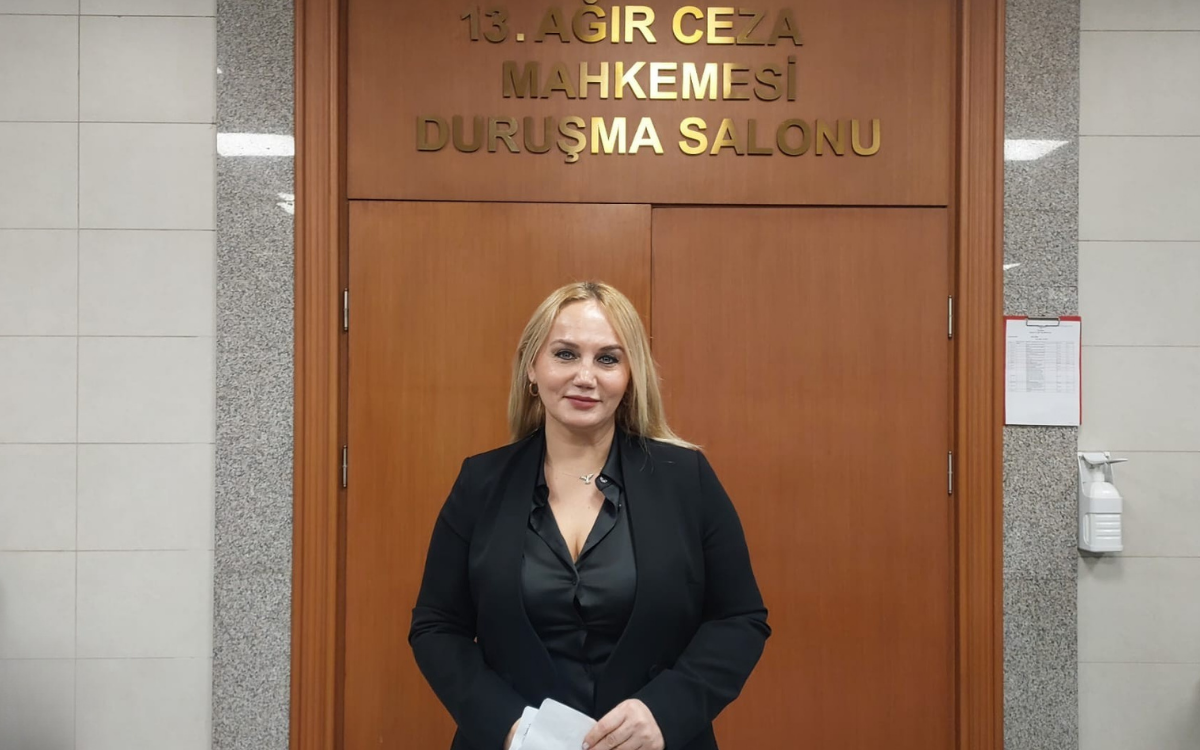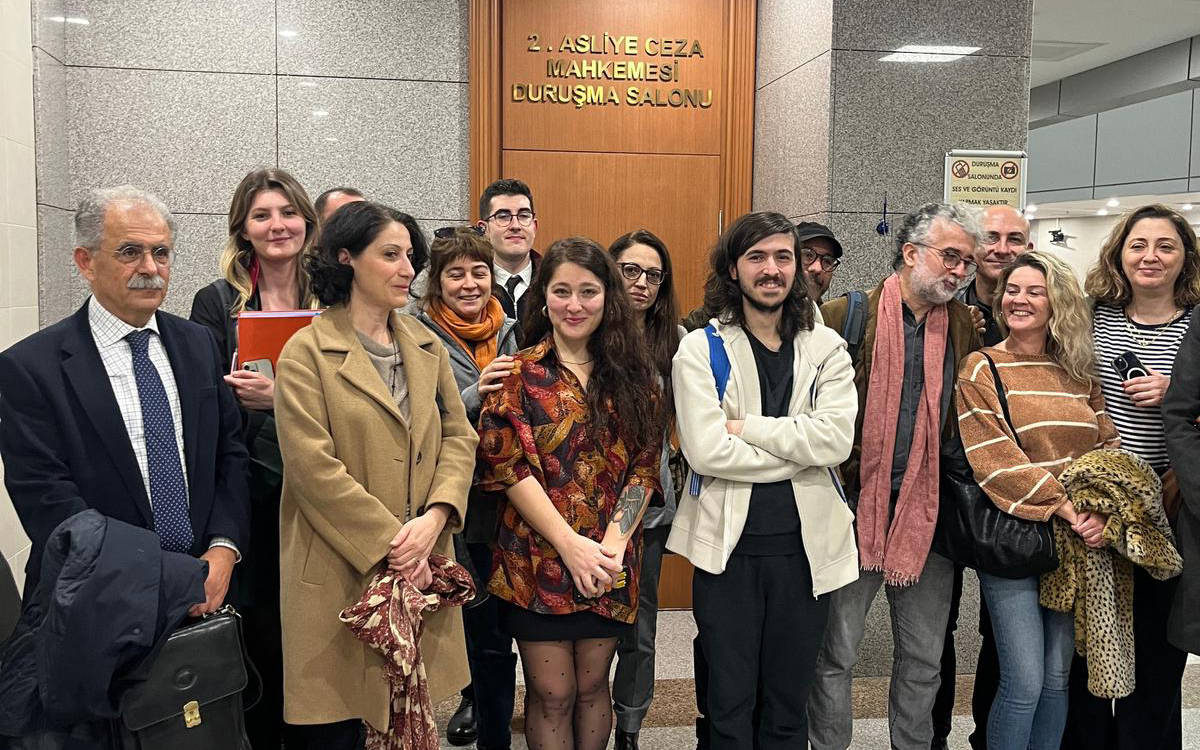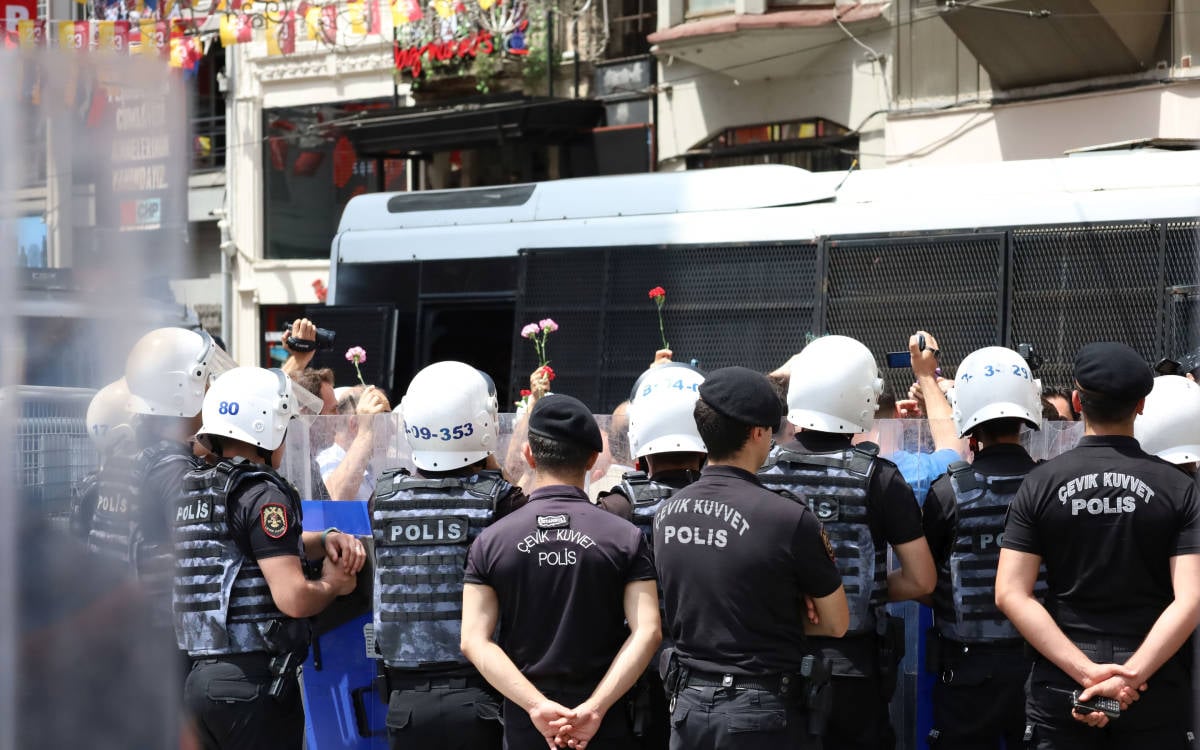Potograph: AP Photo/Lefteris Pitarakis
Click to read the article in Turkish
The parliamentary debate on Turkey's 2019 draft budget bill will continue next week in the Planning and Budget Commission.
A quick glance on the budget allocation among major ministries and administrative bodies provides a graphic picture of the priorities of the "Presidential Government" under construction. The draft budget bill reflects an administration trapped between financial necessities imposed by the financial crisis for cutting down government expenditures vis-a-vis indispensable costs to continue building a new "presidential" regime across a fault line which cuts the nation into two diametrically opposed sections for and against a presidential regime and the president himself.
According to the general introduction in the name of the President on Monday by the Treasury and Finance Minister Berat Albayrak, Tayyip Erdoğan's son in law, the total central administrative budget is proposed to increase by 16 percent from that of TL 762.75 Bn in 2018 to TL 885.2 Bn in 2019. *
The major losers for the cuts are the Disaster and Emergency Situation Administration and the Transportation and Substructure Ministry. The first will undergo a 37 percent cut in 2019 and will have to survive with a budget of TL 1.5 Bn in a country situated on one of the major global sismic belts and anticipating an extremely destructive earthquake in the biggest city Istanbul any moment in a few decades from today.
The second loser, Transportation and Substructure Ministry will lose nearly 8 percent of its 2018 budget of TL 31.4 Bn -a practical indicator that government expenditures for public construction projects, a major catalyst for Turkey's construction based growth strategies will be shrinking in 2019.
The lion's share of the increase goes to the Presidential and security and defense expenditures.
The draft budget bill proposes the Presidential budget rise up to TL 2.82 Bn in 2019 by 233 percent increase from that of TL 845 Mn in 2018. A further comparison with the 2008 budget of TL 55 Mn reflects an enormous increase of 5 thousand 25 (5025) percent in Presidential expenditures in just one decade. Compared with four fold increase in overall budget in that period the disproportionality in Presidential budget growth reflects the financial priorities of the "presidential regime" under construction.
The "secret funds" (örtülü ödenek), an invisible apparatus which is fully under control of President Erdoğan himself and immune from auditing and parliamentary control, had also benefited from a 510 percent increase in one decade. The rise from TL 423 Mn in 2008 to TL 1,98 Bn in 2017 in "secret funds" budget was followed by a slight decrease in 2018. The "secret funds" seem to have disappeared from the public documents for the 2019 budget. Yet the specialists predict that, if alloted on the maximum level of 0.5 percent of the central administrative budget as allowed by law, it is anticipated to rise over TL 4 Bn for 2019.
Another important "secret" apparatus, direcetly tied to the President, the National Intelligence Organisation (MİT) too has benefited from a 500 percent increase in a decade rising from TL 423 Mn in 2008 to TL 2,33 Bn in 2018. For 2019 the MIT budget is proposed to remain nearly on the 2018 level with TL 2.18 Bn.
Department of Religious Affairs is another beneficary preferred for increased budget allocations. A major instrument in Tayyip Erdoğan's "utopia" of "raising pious and venomous generations" Department of Religious Affair is proposed to have TL 10.45 Bn by 34 percent increase. In one decade the Department of Religious Affairs budget has benefited from nearly 300 percent increase.
Interior Ministry's 2019 budget, by approximately 18 percent increase, is proposed to rise up to TL 8.6 Bn, from that of TL 7.53 Bn in 2018. The increase in the Interior Ministry budget in one decade is more than 600 percent.
The priorities of the "Presidential regime" in public expenditures as reflected in the 2019 draft budget bill is expected to fuel heated controversy during the parliamentary debate, and the collapse of the "Cumhur alliance" which had brought the presidency to Erdoğan may lead to unexpected debates between the deputies of former allies AKP and MHP.
The inconsistencies between the amended Constitution which endows the President with supreme power and the existing Parliamentary Statutes which is based on the supremacy of the parliament, as well as the existing rules and procedures pertaining the Planning and Budget Committee's conduct may also lead to angry confrontations as witnessed in the opening session of the committee meetings.(HA-OI/EK)
________________________
*The TL/USD parity on the day of publication of the report is USD 0.18=TL 1








